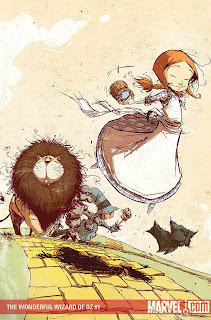Garth Nix is the author of one of my favorite trilogies (the Abhorsen books) and he has written a concise, lucid, intelligent summary of his writing process. I recognize every stage that he talks about, and I think most writers will.
On the function and importance of a story outline, excerpt from Nine Steps to a Novel, Stage Three:
“A week, a month or even years after that initial ‘small vision’ I will usually sit down and try and work out the bare bones of the story and how I am going to tell it. I look back at the notes I’ve taken and I dredge up all the salient points I’ve been thinking about it. Then I sit down and write a chapter outline. This is quite a simple affair. I write a paragraph for each chapter, describing what happens.
I sometimes wonder why I bother to do this, as my chapter outlines rarely bear any close resemblance to the finished book. I’ve usually departed from the outline within a few chapters and by the time I’m halfway through a novel there is often almost no correlation between the outline and the actual story.
In retrospect, this chapter outlining serves two purposes. One is that it makes me think about the overall structure of the novel, which I think kickstarts some subconscious process that will continue through the writing, monitoring the narrative structure. The second purpose is that it serves as a psychological prop. If I have a chapter outline, I presume I know where I’m going, even when I don’t really. In this sense the chapter outline is like a very out-of-date map. Most of it is wrong, but there will be some landmarks on it. So if I get terribly lost in my book, I can always go back to the outline and though most of it will be wrong, I might see some important plot point or notes for a character that will help me get back on the narrative road.”

